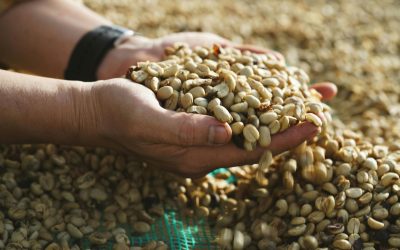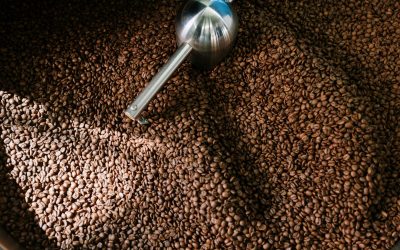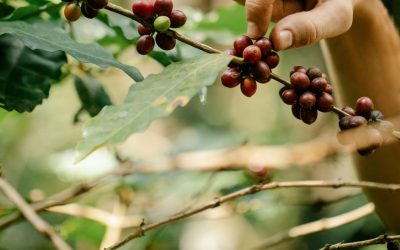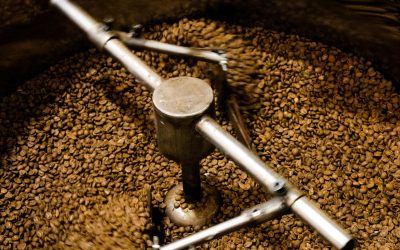News & Trends
Calibrating Your Palate for Consistent Scoring
Intercontinental Coffee Trading supplies green, unroasted coffee beans from origins worldwide—and consistent palate calibration ensures every lot we deliver meets the quality profile roasteries expect.
What Makes Kenyan Coffee Taste Like Kenyan Coffee
Intercontinental Coffee Trading supplies green, unroasted Kenyan beans to roasteries worldwide. From SL28 cultivars to double-wash processing, here’s what gives Kenyan coffee its unmistakable flavor.
The Role of Shade Drying vs. Mechanical Drying in Green Coffee Processing
Intercontinental Coffee Trading supplies green, unroasted coffee beans from origins worldwide. Understanding how your beans were dried — whether through shade drying, mechanical drying, or a hybrid approach — helps roasteries make smarter sourcing and roasting decisions.
End Temperature vs. Development Time: Finding Balance
Intercontinental Coffee Trading supplies green, unroasted coffee beans from around the world to roasteries looking to get the most out of every roast profile. Balancing end temperature and development time starts with quality green coffee.
The Impact of Airflow on Roast Development
Intercontinental Coffee Trading supplies roasteries with green coffee from origins worldwide. Getting the most out of those beans means understanding how airflow inside the roaster shapes heat transfer, roast curve behavior, and the flavors that end up in the cup.
How Cherry Ripeness Affects Final Cup Quality
Coffee cherry ripeness determines sugar content, acidity, and flavor compounds in roasted beans. Underripe cherries produce sour, grassy notes while overripe fruit creates fermented flavors. Peak ripeness delivers 15-25% higher cupping scores with optimal sweetness and clarity.
Managing Charge Temperature for Different Densities
Charge temperature directly affects how coffee beans develop during roasting. Dense beans from high-altitude regions require different charge temperatures than softer, lower-density beans to achieve consistent roast profiles and prevent baking or scorching.
Menu Design That Sells More Coffee
Strategic menu design can increase coffee sales by 20-30% through layout psychology, pricing structures, and effective product descriptions. This guide covers menu anchoring, visual hierarchy, seasonal highlighting, and optimization techniques that help roasteries move more inventory and increase average transaction values.
Building a Coffee Flavor Reference Library for Your Team
A flavor reference library gives your coffee team a shared language for quality assessment and helps maintain consistency across cupping sessions. This organized collection of coffee samples serves as your benchmark for identifying flavor characteristics, defects, and processing methods in green coffee evaluation. When your team can accurately identify processing differences and distinguish regional flavor profiles, you make better purchasing decisions and communicate more precisely with suppliers.
Understanding Body, Mouthfeel, and Texture in Coffee Evaluation
Body, mouthfeel, and texture represent key tactile characteristics in coffee cupping. Understanding these properties helps roasters evaluate green coffee and predict how beans will perform when roasted and brewed.










